As a homeowner, installing new windows can be an excellent investment that enhances the comfort, aesthetics, and energy efficiency of your home. However, before diving into the project, it's essential to consider several factors that can impact the outcome, cost, and longevity of the installation. In this article, we'll explore three key considerations that you should keep in mind when installing new windows and provide an estimated cost for the project.
Window Type and Style
One of the first decisions to make when installing new windows is the type and style that best suits your home's architecture and functional needs. The most common types of windows include single-hung, double-hung, casement, sliding, and awning windows, each with its unique benefits and drawbacks. For instance, single-hung windows are more affordable and require less maintenance, but they offer limited ventilation and may not seal as well as double-hung windows. On the other hand, casement windows provide excellent ventilation and a tight seal, but they are more expensive and may not suit all home designs.
Additionally, the window style you choose can impact the overall aesthetics and functionality of your home. For instance, a bay or bow window can add depth and character to your living space, while a picture window can provide a stunning view of your outdoor surroundings. Therefore, before settling on a window type and style, consider your home's architecture, your desired look and feel, and your budget.
Window Material
The material of your windows is another critical consideration that can affect the durability, energy efficiency, and maintenance requirements of your windows. The most common window materials include wood, vinyl, aluminum, and fiberglass, each with its unique benefits and drawbacks. For instance, wood windows offer timeless beauty and excellent insulation but require regular maintenance and can be costly. In contrast, vinyl windows are more affordable, low-maintenance, and energy-efficient, but they may not provide the same level of customization and durability as wood windows.
Furthermore, the window material you choose can impact the installation process and cost. For instance, wood windows may require additional structural support and custom sizing, which can increase the installation cost. Therefore, before choosing a window material, consider your desired look and feel, insulation needs, and maintenance budget.
Professional Installation
Finally, a crucial consideration when installing new windows is hiring a professional installer with the expertise and experience to ensure a successful installation. While some homeowners may opt for a DIY installation to save money, a professional installer can offer several benefits, including ensuring proper sizing, leveling, and sealing of the windows, providing a warranty for the installation, and ensuring compliance with building codes and safety standards.
The cost of professional installation can vary depending on the project's scope, location, and complexity, but it typically ranges from $150 to $800 per window. Therefore, when budgeting for your window installation project, consider the cost of professional installation and the peace of mind it can offer.
Installing new windows in your home can be a rewarding investment that enhances your home's comfort, beauty, and energy efficiency. However, it's essential to consider several factors, such as window type and style, material, and professional installation, to ensure a successful and long-lasting installation. By keeping these key considerations in mind, you can make an informed decision that meets your budget, needs, and preferences.
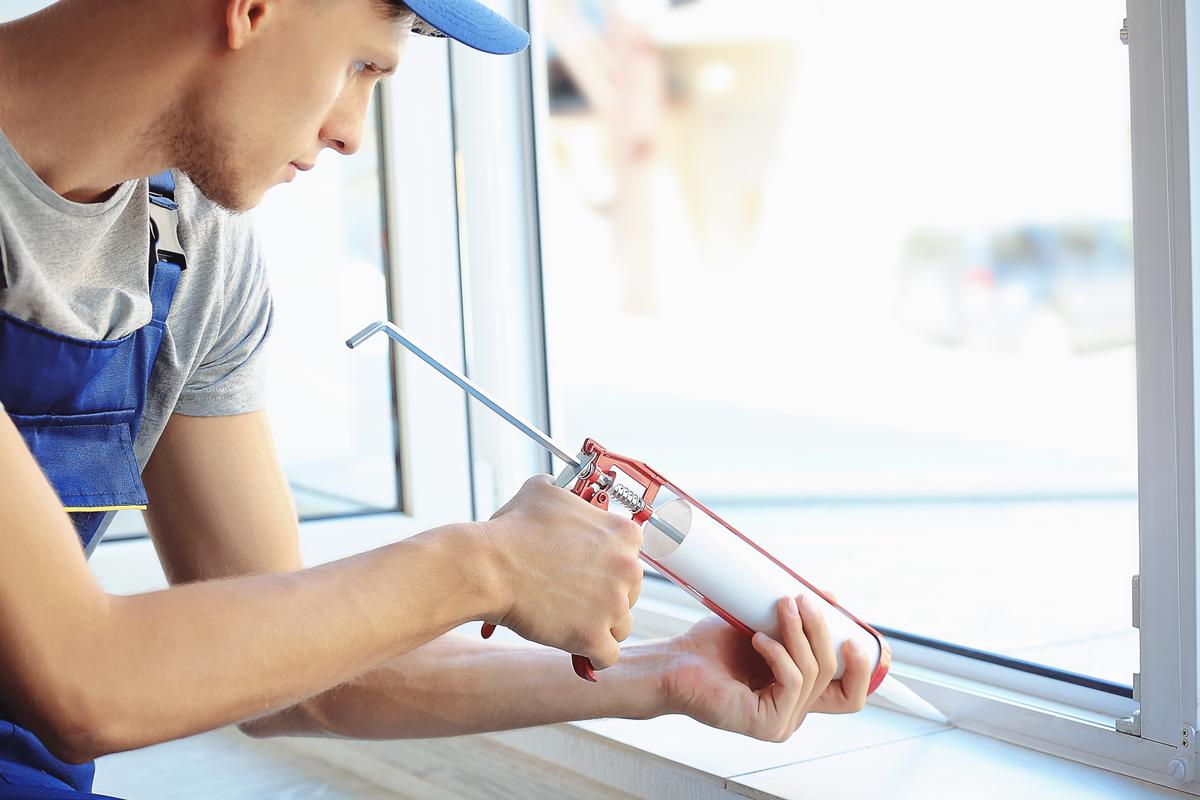

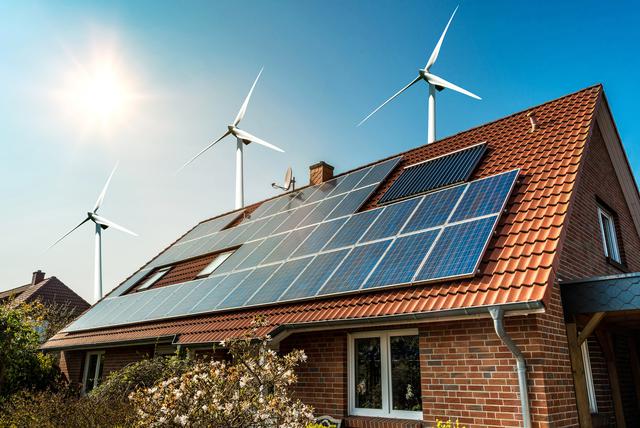
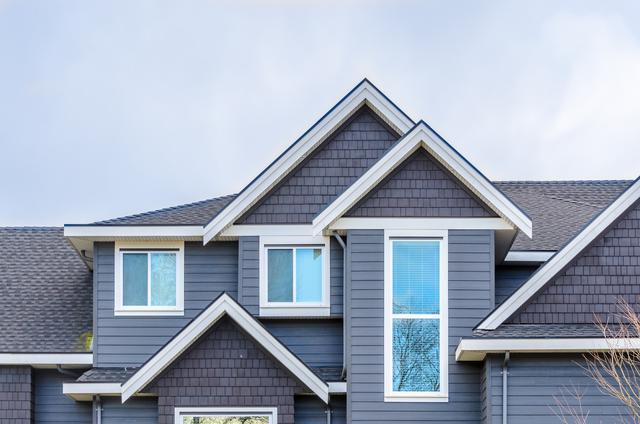
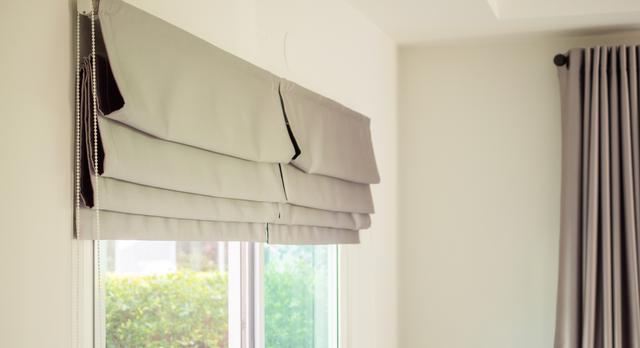
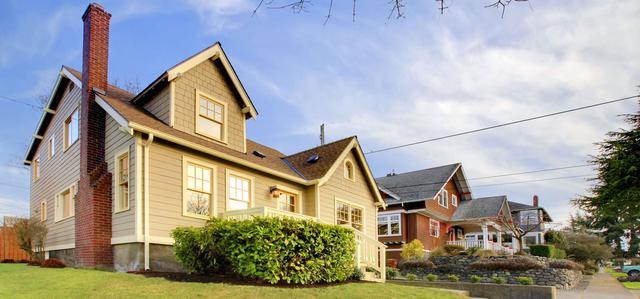
comments